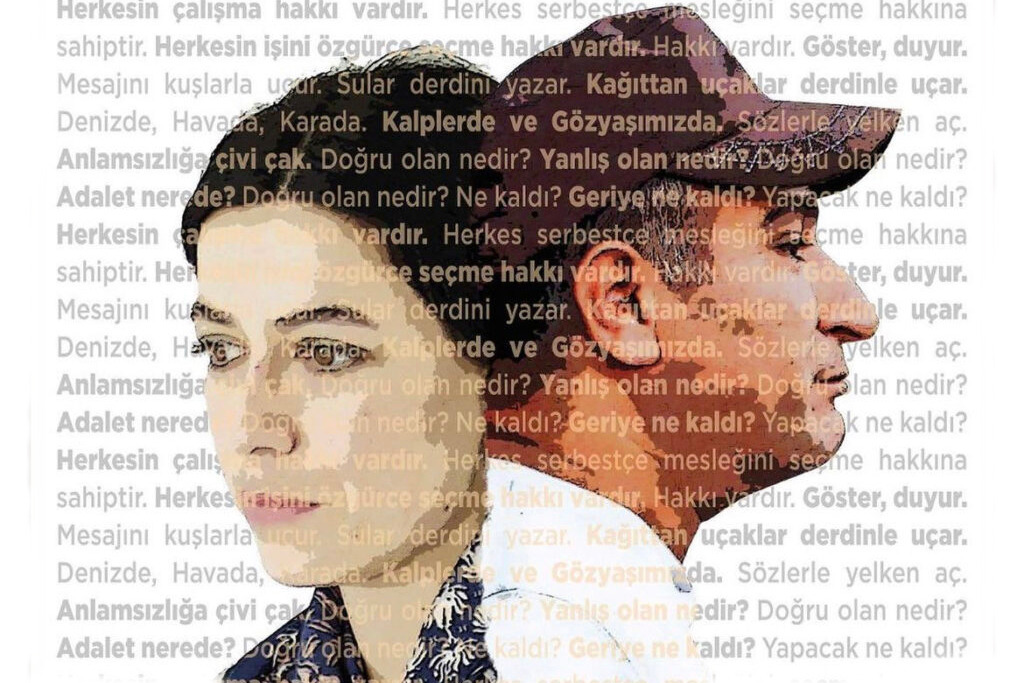The producers and directors of 27 films have announced their withdrawal from the Golden Orange Film Festival in Turkey’s Antalya province in reaction to the organizing committee’s decision to remove a documentary depicting the plight of victims of a post-coup purge in Turkey, the Stockholm Center for Freedom reported, citing the Diken news website on Wednesday.
“We consider the removal of the documentary from the program an open threat to the freedom of artistic expression,” said the producers and directors in a joint statement. “Festivals belong to the public, and we find it unacceptable that they should be subjected to censorship.”
The productions that were withdrawn included seven movies, six documentaries and 14 short films.
Turkey’s Justice and Development Party (AKP) government initiated a massive purge of state institutions following a coup attempt on July 15, 2016. Over 130,000 civil servants lost their jobs due to suspected ties to “terrorist organizations.”
The dismissed individuals also faced barriers to employment in the private sector and restrictions on obtaining passports. Their treatment has been described by human rights groups as “civil death.”
The documentary, titled “Kanun Hükmü” (With the Force of Law), focuses on the challenges faced by Yasemin, a doctor, and Engin, a teacher, who lost their civil service jobs under post-coup emergency decree-laws, known as KHKs, issued by the AKP government.
Its removal has ignited a storm of criticism.
In an unprecedented move, 20 jury members resigned in protest. Members of the jury for the Adana Altın Koza Film Festival also showed solidarity by expressing their support for the film and its director.
Well-known actors, directors and writers have also voiced their disapproval. Actor, director and writer Orhan Alkaya said those responsible for the removal should “curl up and die—if they can feel shame.”
Münir Korkmaz, a reporter for KHK TV, denounced the removal, saying, “This film was about the honorable struggle of KHK victims. We demand its reinstatement among the competing films.” Turkish film director Ezel Akay echoed the sentiment, labeling the decision a “big mistake.”
The festival’s director, Dr. Ahmet Boyacıoğlu, justified the removal by claiming that an individual in the film is part of an ongoing legal process. Demirci, the film’s director, denied this claim, saying there is no such ongoing legal process and called the removal a “blow to cinema.”
Professional organizations such as the Actors Union, Cinema Workers Union (Sine-Sen) and Documentary Filmmakers Union are among those demanding the reinstatement of the film to the festival. Various jury members have indicated that they will resume their duties only if the film is reinstated.
The Altın Portakal Film Festival is organized by the Antalya Metropolitan Municipality, which is run by the main opposition Republican People’s Party (CHP), and the Antalya Culture and Arts Foundation.
The documentary was already the subject of a ruling last year by the Constitutional Court, which found that the local authorities’ ban on filming violated freedom of expression and awarded Demirci 13,500 Turkish lira in compensation.

